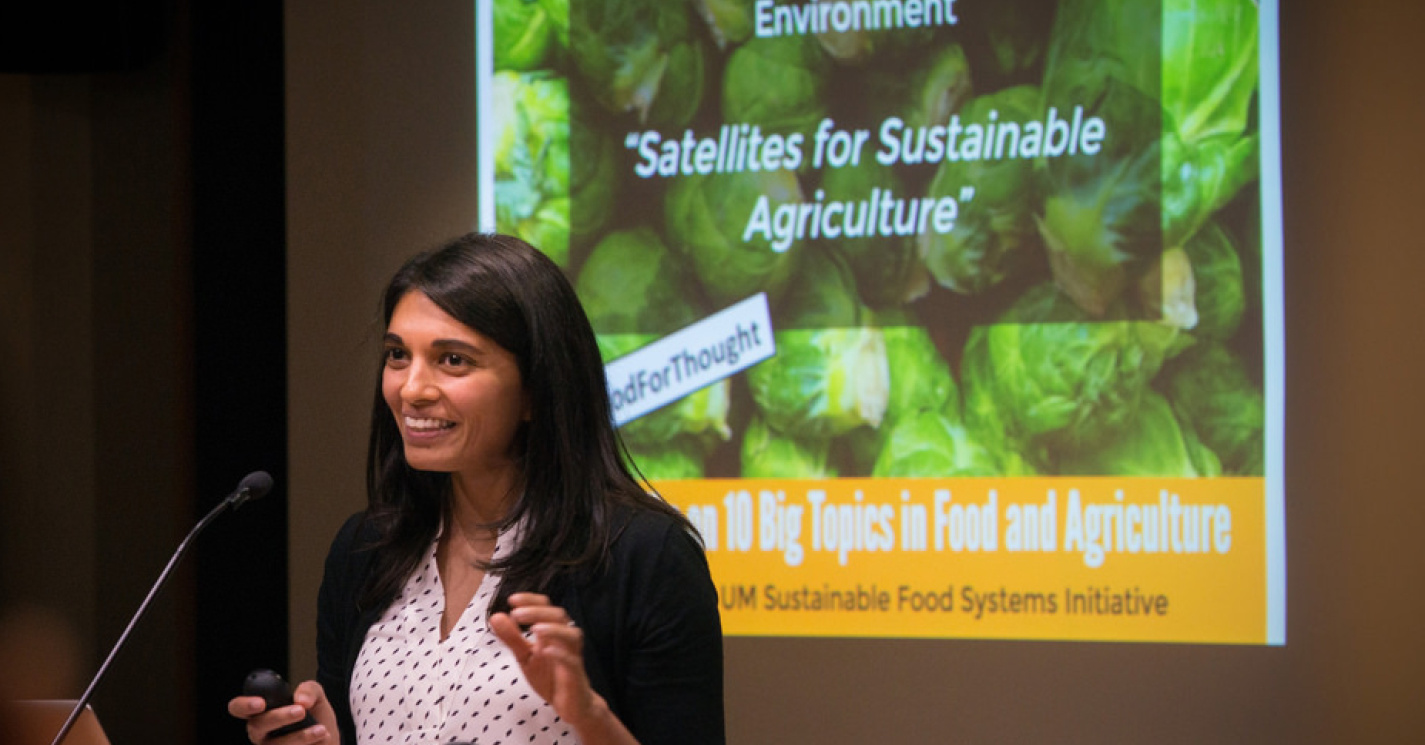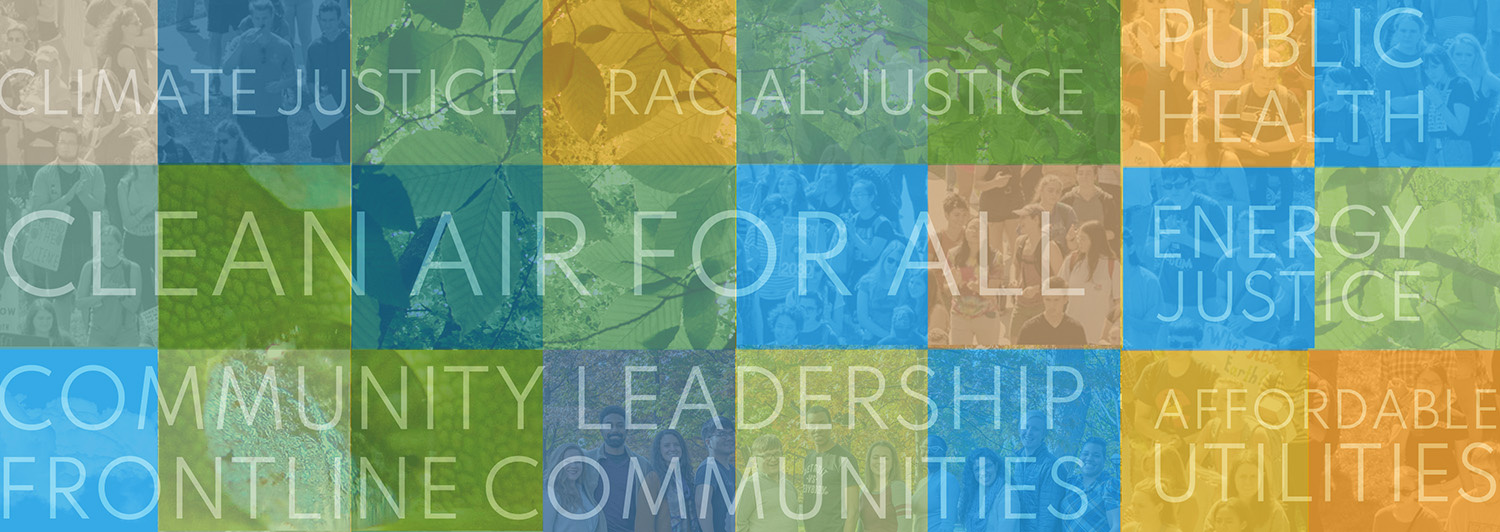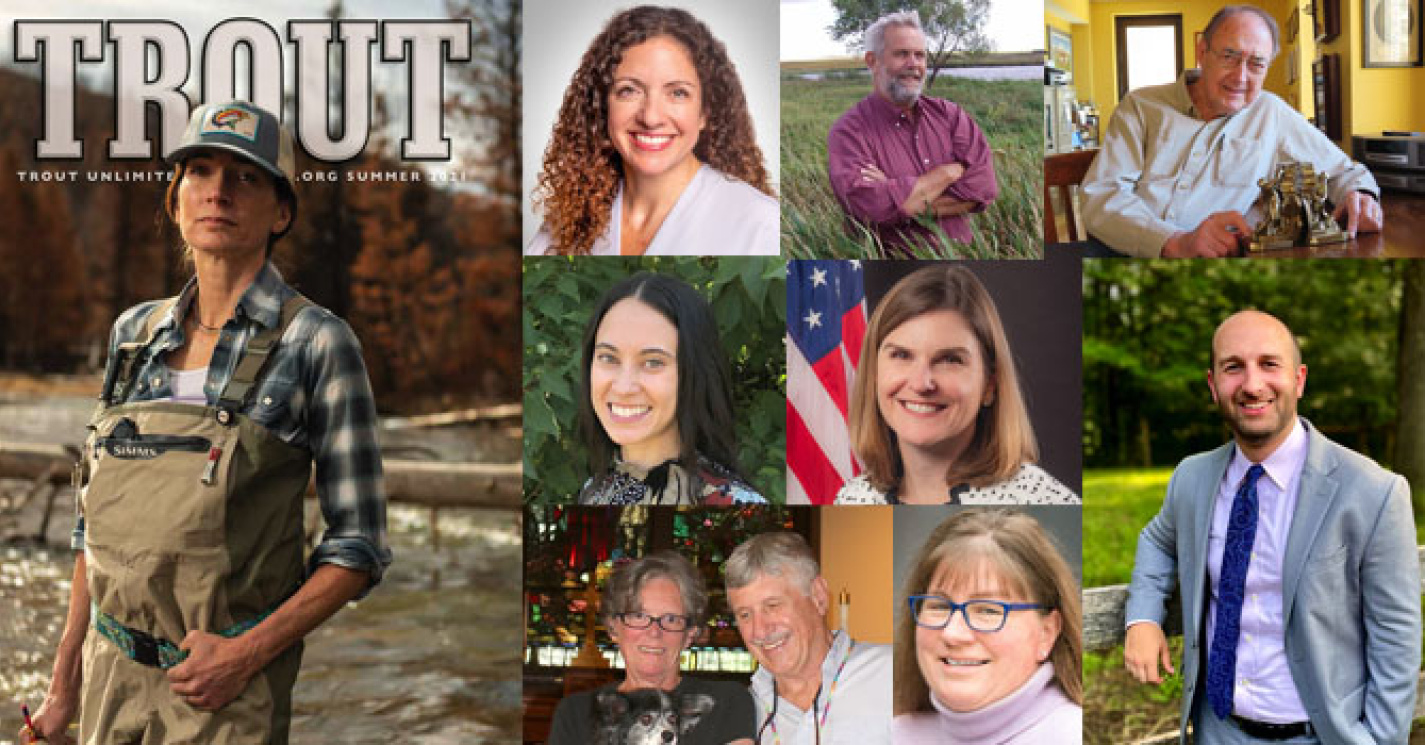
Dean's Letter

Welcome Back!
SEAS students, faculty, and staff joined the U-M community in a return to in-person classes and activities for the new academic year. Orientation, welcome receptions, and Campfire brought us all together and made for a busy—and fun!—start to the fall semester.
FEATURE STORIES

Meet the Future of Environmental Justice
For nearly three decades, SEAS has been at the forefront of environmental justice education and research. Today, SEAS is at the nexus of environmental justice thought leadership, and is recognized as a trusted resource for expertise on both state and national levels.

Fighting Wildfires is a ‘Delicate Balance’

Driving the Future of Sustainable Mobility
In the sustainable mobility space, there is no shortage of innovation. And as the old barriers begin to fall, we must navigate the choices—with a clear eye on the road ahead. For real direction, not detours, we look to the leaders in research.

Plant More. Dream More. Alumni Restore the Forests of Kenya
DANA SPHERE

Shaping the Obtawaing Biosphere Region
“Obtawaing” is the Anishinaabemowin word for “at the halfway place.” It was the name for the center of the Odawa village that used to stretch 16 miles along northern Lake Michigan, near the town of Harbor Springs and the hamlets Good Hart and Cross Village. Now, the word has been adapted to describe the Obtawaing Biosphere Region, a newly awarded designation springing from the U-M Biological Station in Pellston.

Izhi-Minoging Mashkikiwan: Place Where Medicines Grow Well
Recent graduate Eva Roos (MS/MLA ’21) collaborated with the Cheboiganing Burt Lake Band of Ottawa and Chippewa Indians for her master’s practicum, “Izhi-Minoging Mashkikiwan // Place Where Medicines Grow Well.” She credits this collaboration to her time as a teaching assistant with Great Lakes Arts, Cultures, and Environments, the U-M Biological Station humanities program.

New Life for Fabric Waste in Detroit
Many people spent the early days of the pandemic learning a new skill or hobby. Madeline Walker Miller, a PhD student at SEAS, opted for a different path—starting her own sustainability-focused business in her hometown of Detroit.

10 Questions: Dr. Meha Jain
SEAS Assistant Professor Meha Jain’s research examines the impacts of environmental change on agricultural production and strategies that farmers may adopt to reduce negative impacts.

‘Year of COVID’ Photo Contest Winners
We share the winning entries in our “Year of COVID” photo contest.
ALUMNI UPDATES

Where Are They Now?
Remember the 2015 SNREdNation calendar that featured students poking fun at environmental stereotypes? See how these alumni are putting their environmental degrees to good use.




